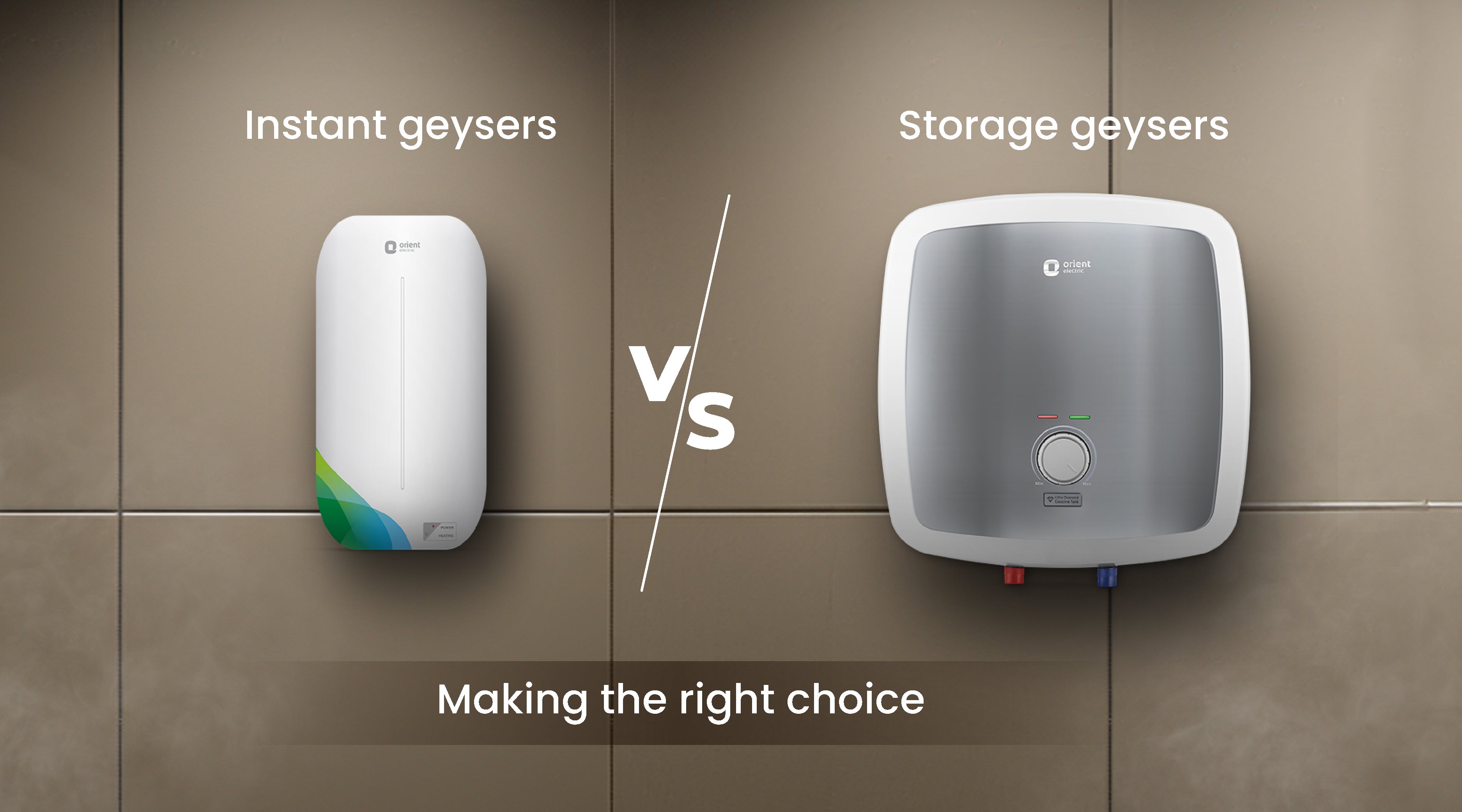Just how to Select the Right Geyser to Maximize Power Efficiency in your house
From recognizing the different types of hot springs, to evaluating their energy performance scores and taking into consideration positioning technique, each decision plays an essential role in optimizing efficiency. Let's get started on this trip to uncover how to make the most educated option for a hot spring that will certainly lower your energy bills while making certain ideal efficiency.

Comprehending the Various Kinds Of Geyser
While there are numerous kinds of geysers readily available on the market, recognizing the differences in between them is essential for power performance (geyser sizes). The very first kind, storage geysers, are one of the most common and store warm water in a container for use when needed. They are readily available in different capabilities and are usually energy-efficient, however they can shed warmth when not in use
The 2nd kind is the tankless geyser, which heats water on demand, causing much less power waste yet requiring a higher preliminary power draw. Finally, there are heat pump geysers that make use of electrical energy to move warm from one location to an additional rather than producing warmth straight. They can be 2 to 3 times more energy efficient than conventional storage geysers. Solar hot springs use solar power to heat up the water, making them the most energy-efficient however likewise the most costly.
Evaluating Your Household's Hot Water Demands
Before diving right into the acquisition of a geyser, it is pivotal to analyze the warm water requirements of your household. This analysis ought to take into consideration various elements including the variety of family members, regularity of warm water usage, and the variety of hot water electrical outlets in the home (geyser sizes). A little family with seldom warm water use may require a smaller sized, less powerful geyser compared to a bigger household with numerous day-to-day warm water demands
The type of home appliances that require warm water also play a significant function. Dishwashers and cleaning machines, for circumstances, may call for more warm water than a simple shower or kitchen area sink. Details tasks such as bathing Discover More or cleaning additionally influence the frequency and quantity of warm water needed.
Examining Energy Effectiveness Ratings of Geyser
Having examined the warm water needs of your house, it's essential to turn your attention to the power effectiveness rankings of geysers. These scores, normally offered as Energy Element (EF), suggest a hot spring's total power efficiency based upon the amount of hot water produced each of gas consumed over a common day. The higher the EF, the much more efficient the hot water heater.

Factors To Consider in Geyser Dimension and Placement
Beyond power effectiveness rankings, the dimension and placement of your geyser are vital aspects to take into consideration. The size of the geyser must line up with your house's hot water needs. A small geyser may use much less power but might not give sufficient warm water for several usages at the very same time, whereas a bigger system can meet better need however might consume more power.
Positioning likewise influences power efficiency. Hot springs need to be mounted near to points of use to minimize warmth loss during water transport. A centrally situated geyser can service numerous locations effectively. In addition, considering thermal insulation, a geyser located in a warmer area loses less heat and consequently uses much less power to preserve the water temperature level.
Expense Evaluation: Stabilizing First Investment and Long-Term Savings
While size official website and placement most certainly play substantial duties in a geyser's power effectiveness, one need to not neglect the financial element. When considering the first investment, the price of energy-efficient hot springs can be higher than basic models. The increased upfront price can be balanced out by long-term energy cost savings, making it a worthwhile financial investment in the lengthy run (geyser sizes).
Analyzing lasting savings needs an understanding of the geyser's power ranking. An appliance with a higher rating will eat less energy, equating to reduced energy bills gradually. Furthermore, federal government incentives and refunds for energy-efficient appliances can also help redeem preliminary costs.
Finally, upkeep and life-span need to be factored in. Energy-efficient hot springs typically have much longer life expectancies and reduced upkeep expenses, adding to general savings. When stabilizing preliminary investment and lasting financial savings, one need to consider not just the purchase price but additionally energy intake, federal government rewards, and upkeep prices.

Final thought
These consist of comprehending the kinds of geysers, evaluating your home's warm water requirements, evaluating energy efficiency rankings, and computing expense advantages. The ideal geyser size, positioning, and insulation can substantially lower energy costs and ecological impact.